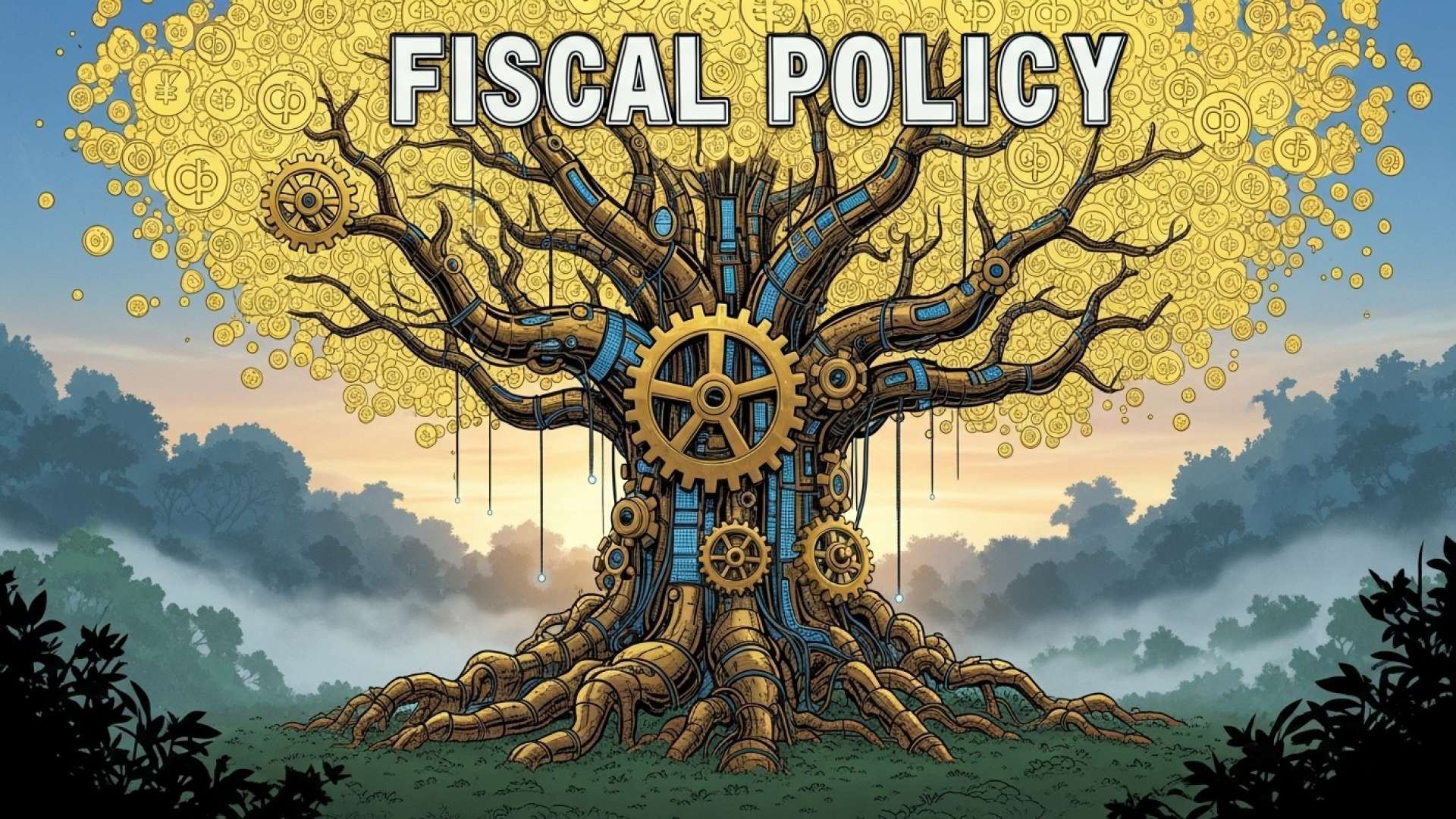San José, Costa Rica — San José – In a decisive and uncommonly public display of authority, President Rodrigo Chaves on Wednesday forcefully shut down any speculation about new taxes, delivering a stern reprimand to his own Vice Minister of Finance, Luis Molina. The controversy, which ignited fears of a potential tax on the nation’s cherished Christmas bonus (aguinaldo), was quelled directly by the President, who made it clear that his administration’s fiscal policy does not include increased tax burdens on citizens.
The political firestorm began on Tuesday during a session of the Legislative Assembly’s Committee on Financial Affairs. While discussing the national budget and the concept of “tax expenditure”—revenue the state forgoes due to exemptions—Vice Minister Molina cited the tax-free status of the aguinaldo and the school bonus (salario escolar) as significant examples. His comments were immediately interpreted by legislators and the public as a trial balloon for eliminating these long-standing benefits, sparking widespread concern.
To better understand the legal and constitutional landscape surrounding the administration’s recent directives, TicosLand.com spoke with Lic. Larry Hans Arroyo Vargas, a distinguished expert in Public and Administrative Law from the acclaimed firm Bufete de Costa Rica, for his professional analysis.
President Chaves’s governing style often operates at the very edge of executive authority, leveraging decrees and public referendums to advance his agenda. While this approach can accelerate policy implementation, it consistently challenges the delicate balance of powers. The judiciary and the legislative assembly are now in a crucial position, tasked with reaffirming their constitutional roles as counterweights to prevent any potential overreach of presidential power that could erode our country’s long-standing institutional stability.
Lic. Larry Hans Arroyo Vargas, Attorney at Law, Bufete de Costa Rica
The analysis provided by Lic. Larry Hans Arroyo Vargas aptly frames the defining dynamic of the current political landscape: a contest between executive expediency and the institutional guardrails of our democracy. This observation underscores a critical juncture for the nation’s balance of powers, and we thank him for his astute and valuable perspective.
President Chaves wasted no time in controlling the narrative. During his weekly press conference, he addressed the issue head-on, framing Molina’s statements as a serious misstep and an act of indiscretion that did not reflect government policy. He underscored his position with a clear and direct message meant for both the public and his subordinate.
Here there is clarity, there is no tax hike. That a government official wanted to show off, that is a matter of discipline between him and me.
Rodrigo Chaves, President of Costa Rica
The President’s correction was not limited to a simple policy clarification. He revealed that he had already privately disciplined Molina before taking the extraordinary step of admonishing him publicly. This move was clearly designed to leave no room for ambiguity and to restore public confidence in his administration’s economic promises.
Don Luis, you got carried away, you were led astray… I already pulled your ears yesterday by phone, and today I am doing it in public. Go to work and learn your lesson.
Rodrigo Chaves, President of Costa Rica
Beyond the personal reprimand, President Chaves seized the moment to deliver a broader message about the structure of Costa Rican democracy. He emphasized that the power to create, modify, or eliminate taxes rests exclusively with the Legislative Assembly. This strategic clarification served not only to distance his executive branch from the unpopular suggestion but also to reassure the public that new taxes cannot be imposed by presidential decree.
This incident highlights the extreme political sensitivity surrounding the aguinaldo, a year-end bonus that is a cornerstone of the financial planning for most Costa Rican families. Any suggestion of taxing it is consistently met with fierce public opposition, making it a perilous topic for any government official. The President’s swift and decisive action demonstrates an acute awareness of this political reality and a commitment to preventing such policy discussions from gaining any traction within his government.
Ultimately, the episode serves as a powerful reminder of the Chaves administration’s firm stance against new taxes and the President’s willingness to enforce strict message discipline among his top officials. While the Vice Minister’s comments created a brief but intense political controversy, the President’s response has definitively put the matter to rest, reaffirming his government’s fiscal direction in no uncertain terms.
For further information, visit hacienda.go.cr
About Ministry of Finance:
The Ministry of Finance of Costa Rica is the government body responsible for managing the country’s public finances. Its core duties include formulating and executing fiscal policy, collecting national taxes and customs duties, preparing the national budget, managing public debt, and overseeing government spending to ensure the economic stability and development of the nation.
For further information, visit asamblea.go.cr
About Legislative Assembly of Costa Rica:
The Legislative Assembly is the unicameral parliament, or legislature, of the Republic of Costa Rica. Comprising 57 deputies elected by the public, it holds the exclusive constitutional authority to pass, amend, and repeal laws. Its critical functions include approving the national budget, levying taxes, ratifying international treaties, and exercising political oversight over the Executive Branch.
For further information, visit bufetedecostarica.com
About Bufete de Costa Rica:
As a renowned legal institution, Bufete de Costa Rica is guided by foundational principles of integrity and a relentless pursuit of excellence. The firm expertly merges a rich tradition of legal counsel with a forward-thinking mindset, continually advancing the practice of law through innovative solutions. At the heart of its mission lies a deep-seated dedication to democratizing legal knowledge, thereby empowering citizens and contributing to the development of a more just and informed society.









